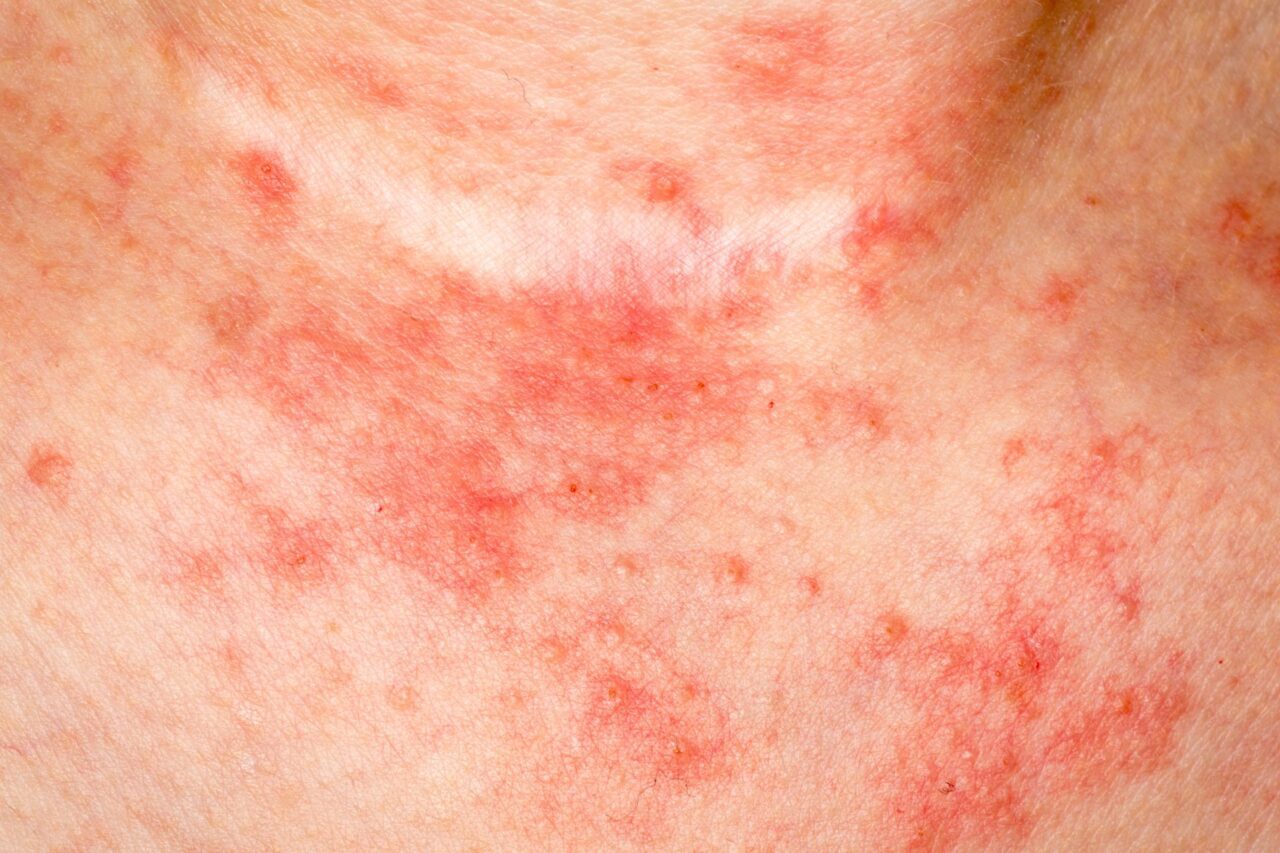Living with eczema can be challenging, but there are numerous treatment options available. It’s essential to evaluate these options carefully to determine what works best for you. One such option that has gained attention in recent years is Hypochlorous Acid (HOCl). This article will provide you with an in-depth analysis of HOCl and compare it to other alternatives to help you make an informed decision.
Understanding Eczema
Before diving into the specifics of Hypochlorous Acid and its alternatives, let’s first gain a comprehensive understanding of eczema itself. Eczema, also known as atopic dermatitis, is a chronic skin condition characterized by itchy, inflamed, and red skin. It often appears in childhood and can persist into adulthood, affecting millions of people worldwide.
The Impact of Eczema
Eczema can have a significant impact on the daily lives of those who suffer from it. Itching and discomfort can disrupt sleep, hinder concentration, and lead to self-consciousness about one’s appearance. Therefore, finding effective treatment options is crucial for improving the quality of life for eczema patients.
Traditional Treatments
Before exploring Hypochlorous Acid and other alternatives, it’s essential to know about traditional eczema treatments. These may include emollients, topical steroids, antihistamines, and phototherapy. While these treatments can be effective, they may not work for everyone, and some individuals seek alternative solutions.

Choosing Wisely: Hypochlorous Acid
Now, let’s focus on Hypochlorous Acid and understand why it has garnered attention as a potential treatment for eczema.
What is Hypochlorous Acid (HOCl)?
Hypochlorous Acid is a weak acid that naturally occurs in the human body, playing a crucial role in the immune response. It is known for its antimicrobial and anti-inflammatory properties, making it a candidate for treating skin conditions like eczema.
How Does HOCl Work?
HOCl works by reducing inflammation and killing bacteria on the skin’s surface. This can help alleviate itching and redness associated with eczema. Moreover, it’s gentle on the skin and has a low risk of side effects, making it suitable for long-term use.
HOCl vs Steroids
One of the primary advantages of HOCl over traditional treatments like topical steroids is its lower risk of side effects. Steroids can have adverse effects on the skin, such as thinning and increased vulnerability to infections. HOCl offers a safer and potentially more sustainable option.
Alternatives to Hypochlorous Acid
While HOCl shows promise, it’s essential to explore other alternatives for managing eczema effectively.
Natural Remedies
Many individuals prefer natural remedies for eczema, such as coconut oil, oatmeal baths, and aloe vera. These remedies may provide relief for some, but their effectiveness varies from person to person.
Moisturizers and Emollients
Keeping the skin well-hydrated is a key aspect of eczema management. Moisturizers and emollients, such as ceramides and shea butter, can help lock in moisture and reduce skin dryness.
Prescription Medications
In cases of severe eczema, doctors may prescribe immunosuppressive drugs or biologics. These medications work to suppress the immune system’s response, reducing inflammation and symptoms.
Choosing Wisely: Hypochlorous Acid vs Alternatives for Eczema
Now that we have examined Hypochlorous Acid and various alternatives, let’s weigh the pros and cons.
Effectiveness
HOCl has shown promise in reducing eczema symptoms, and many users report positive results. However, effectiveness can vary from person to person, so it may not work for everyone.
Safety
Compared to some alternatives like steroids, HOCl is generally considered safe with minimal side effects. It’s suitable for long-term use and less likely to cause skin thinning or other complications.
Affordability
The cost of eczema treatments can vary significantly. While some natural remedies are budget-friendly, prescription medications and certain skincare products can be expensive.
Personal Preference
Ultimately, the choice between HOCl and alternatives may come down to personal preference and individual skin reactions. It’s essential to consult with a dermatologist to determine the best approach for your specific needs.

Frequently Asked Questions
Q: Can Hypochlorous Acid completely cure eczema?
A: While HOCl can provide relief and manage symptoms, there is no known cure for eczema. It’s a chronic condition that requires ongoing management.
Q: Is Hypochlorous Acid suitable for children with eczema?
A: HOCl is generally considered safe for children, but it’s essential to consult with a pediatrician or dermatologist before use.
Q: Are there any side effects of using Hypochlorous Acid?
A: HOCl is well-tolerated, but some individuals may experience mild stinging or irritation upon application. If this occurs, discontinue use and consult a healthcare professional.
Q: Can I use Hypochlorous Acid alongside other eczema treatments?
A: It’s advisable to consult with a healthcare provider before combining multiple treatments to ensure they are compatible and safe.
Q: How long does it take to see results with Hypochlorous Acid?
A: The time it takes to see results can vary, but many users report improvement in eczema symptoms within a few weeks of regular use.
Q: Is Hypochlorous Acid a replacement for prescribed medications?
A: HOCl can be used as a complementary treatment, but it should not replace prescribed medications without the guidance of a healthcare professional.
Conclusion
In the quest to manage eczema effectively, it’s crucial to explore various options and make informed choices. Hypochlorous Acid offers a promising alternative to traditional treatments, with its anti-inflammatory and antimicrobial properties. However, personal preferences, skin reactions, and affordability play a significant role in selecting the best approach. Consult with a dermatologist to create a tailored plan for your eczema management.




